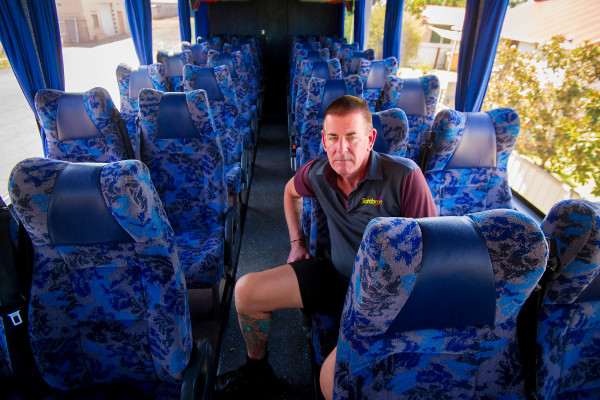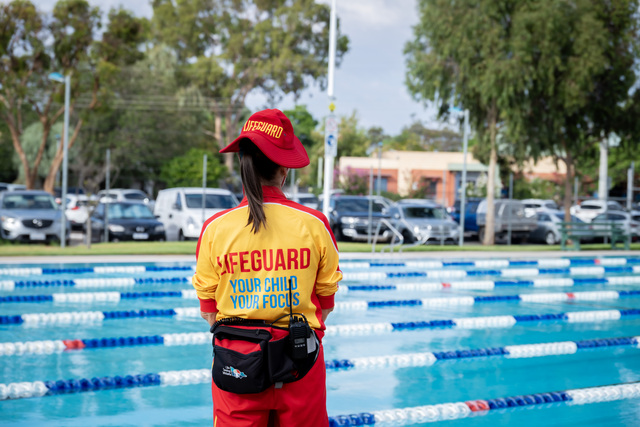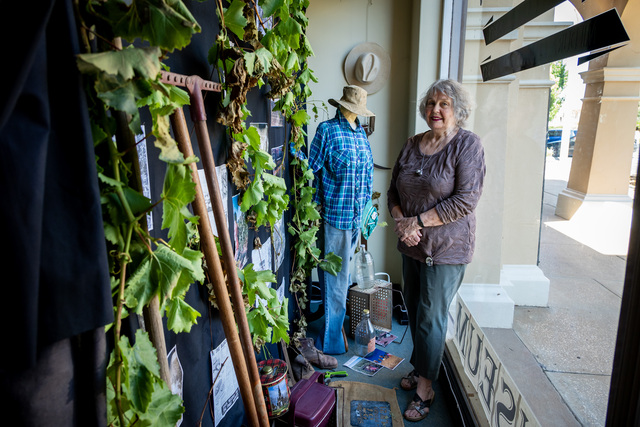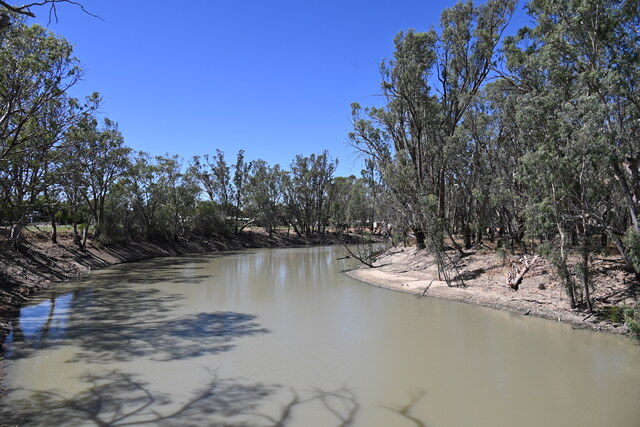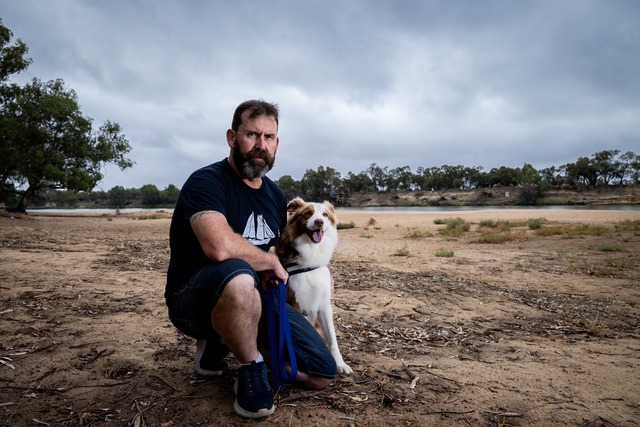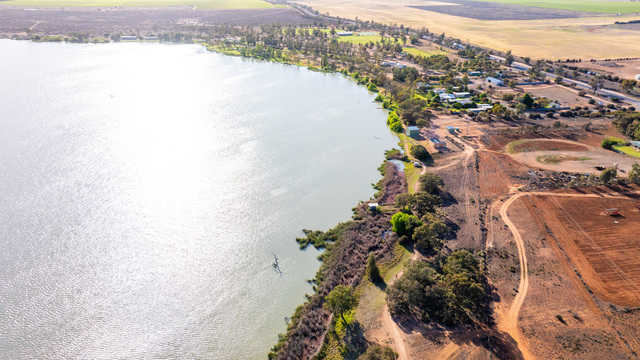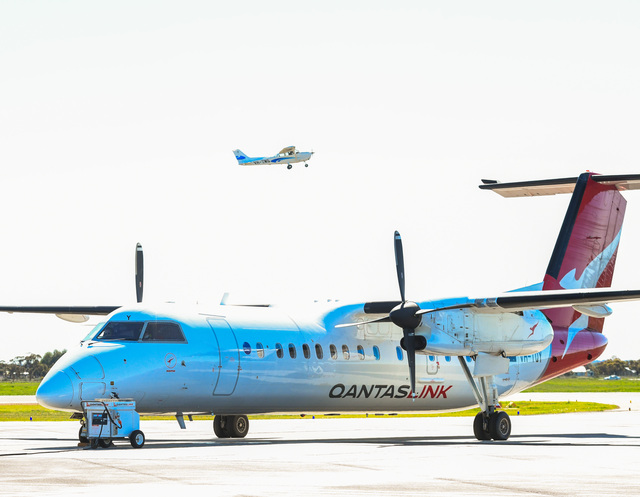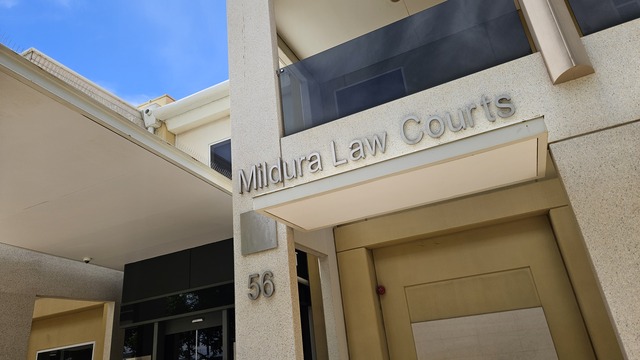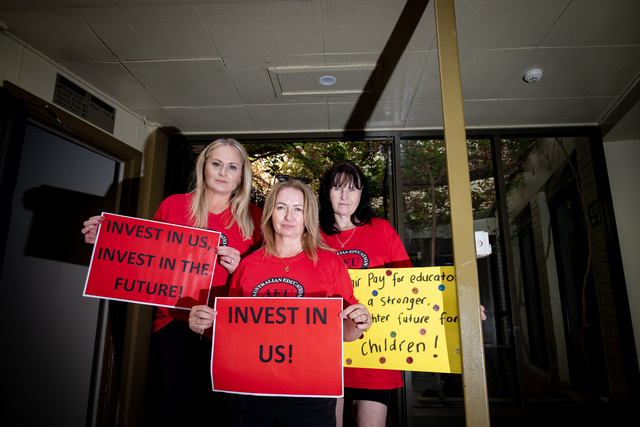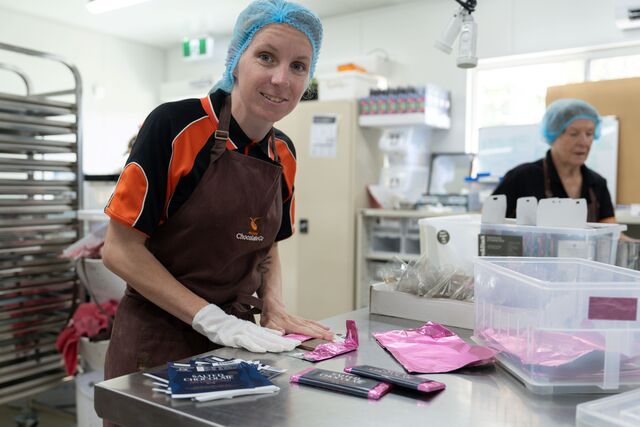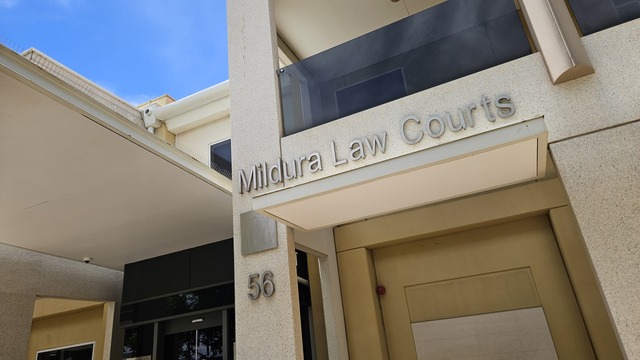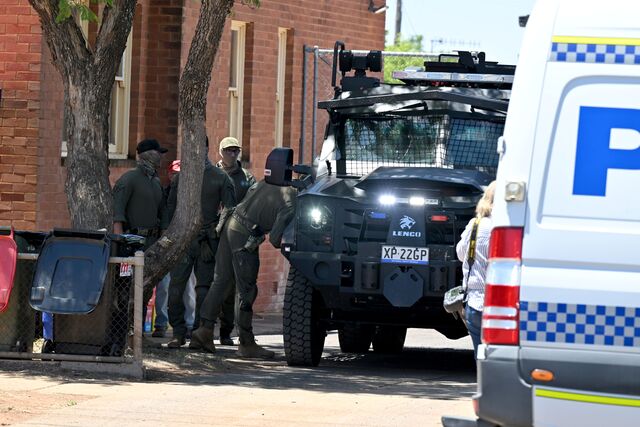THE closure of the South Australian border to reduce the spread of COVID-19 has come at a hefty cost for one Mildura transport operator.
Tambray Coaches proprietor Anthony Prowse has been transporting passengers from Adelaide to Mildura for nearly four years and last month made a decision to invest in his business’ future by purchasing a brand new coach.
Mr Prowse said it was “inevitable” the service would come to a halt due to the decline of passengers and non-essential travel bans, but the SA Government’s announcement to shut the border made the decision official.
“I’m not the only one effected by the closure within the transport industry, so I have to remain optimistic,” he said.
“There are many operators feeling sick in the stomach as there’s no future with buses parked up doing nothing. At the moment there’s no light at the end of the tunnel.”
The SA border lockout began on Tuesday in an effort to slow the spread of coronavirus and anyone entering the state will be required to enter self-isolation for 14 days.
- COVID-19 in Sunraysia: What you need to know
- Full Sunraysia coronavirus coverage
- HAVE YOUR SAY ON THIS STORY: Send a letter to the editor
Mr Prowse said the silver lining for his business was a cohort of regular, loyal passengers who have assured they will book return tickets when this is “all over”.
“The passenger numbers had increased and the business was showing an increase to the point where I could put on a larger vehicle and bring the quality of the service right up to a proper interstate coach service,” he said.
“Once it’s all over, knowing those people are there and they are ready to travel is something to give you hope.”
At any usual time of the year, Tambray Coaches operates weekly from Mildura to Adelaide, departing every Monday, Wednesday and Friday morning.
Mr Prowse said he had written a letter to Member for Mildura Ali Cupper last week highlighting the “devastating” impact that COVID-19 was having on the bus and coach industry.
While Mr Prowse plays the “waiting game” until travel restrictions are lifted, he hoped the government would ramp up its support for sole traders.
“We are still looking at 3 to 6 months before this is over … and it’s a long time for sole traders to try and survive on the small amount of government funding,” he said.
“We’re not getting enough to try and see us through until the end of this. There will be more assistance coming out, but whether it is the small sole trader is the next question.
“I will be doing everything in my power to stay afloat and be available to start the service again, but in what capacity that may be will be determined because there’s no use putting the service back on when my fuel bill is $400 per day.”

